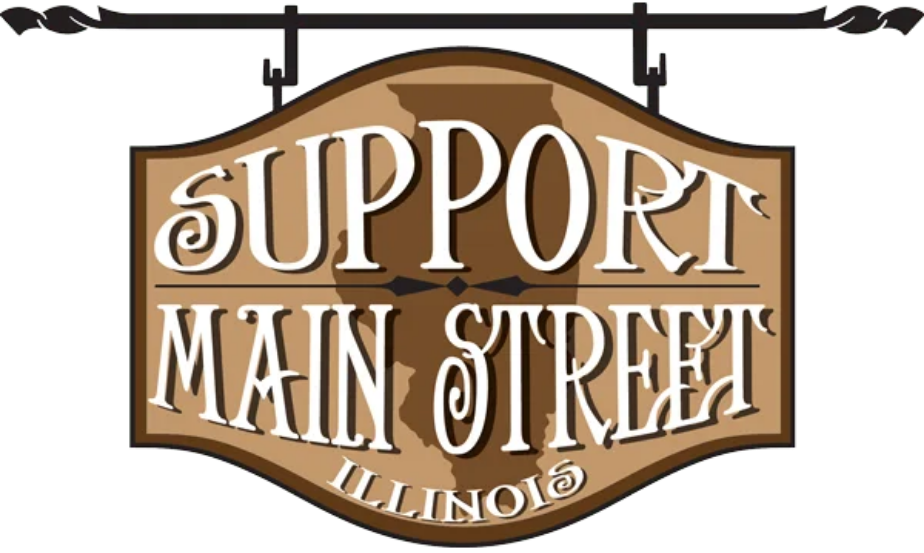It appears discussion of any change in fees for video gambling machines in Aurora has been delayed for at least a year, possibly longer.
Aldermen during a recent City Council meeting, discussing the issue because it had been tabled from another council meeting, let the issue die.
But because the issue of any change in fees actually involves two distinct issues, it could come back at a later date.
One of the issues in making an ordinance change is that state law has changed, and city officials wanted to change their ordinance to match the state. The state has said that the terminal operator – which in the state law is called a distributor but either way is the entity supplying the machines – and the establishment must split the fees charged by local jurisdictions.
Most city laws across the state had a structure that charged the machine providers, or terminal operators, more than the establishment.
For instance, in Aurora’s fee structure, the terminal operator pays an application fee of $250 and an annual citywide license fee of $1,000.
A licensed establishment pays only a fee of $25 for each machine, each month.
Mayor Richard Irvin has pointed out that the city intended to favor the establishments, having them pay less.
Because many city laws across the state were like that, the state decided to change statewide law to mandate that the fees be shared equally between terminal operators (which the state calls distributors) and licensed establishments.
The law does allow for the terminal operators to pay the licensed operators’ fees for them, provided a written, signed agreement is reached between the two.
Christopher Minick, the city’s chief financial officer, told aldermen that in talking with Illinois Gaming Board officials, they are not ready to begin implementing the new state language requiring terminal operators and establishments to split the fees.
“The board needs to engage a rules-making process that has not yet begun,” Minick said. “So it may be some time before we know what those procedures would be.”
City Council members were content to let changing the ordinance die at the full council. But aldermen also had discussed a second issue, actually raising the fees themselves.
Owners of both for-profit restaurants and bars that have video gambling, and not-for-profit private clubs, told City Council members that changes in the fees would be a hardship right now, particularly coming out of the coronavirus pandemic shutdown, and the resultant hiring difficulties and inflationary pressures.
So aldermen also let that die for the time being, although that, too, could be revisited in a year. October is when fees are renewed, so if the city does not change things by then, it would go to October 2023.
The issue of the fees themselves had been referred to the council’s Finance Committee, which discussed the fees recently. Nothing was voted on, but discussion showed two differing viewpoints of the fee question.
Ald. Sherman Jenkins, at large, said he thinks the city “should maintain the current fee structure” because input from the business and not-for-profit community clearly showed that changing the fees would be a hardship.
“We love to say COVID’s over, but, well, we know it isn’t,” he said.
Jenkins said the not-for-profit agencies have been in the city for many years, and they are the ones that supply funding for social service organizations, as well as sponsorships of sports teams and other community groups.
“These are organizations that give back to the community,” he said.
Ald. Carl Franco, 5th Ward, Finance Committee chairman, pointed out that the only reason for raising fees is to cover the city’s costs. He said if the fees do need to increase to cover costs, then the city should do it.
“Otherwise we subsidize gambling,” he said. “Gambling should be subsidized by those who take part in gambling. If we didn’t get money from gambling, the state of Illinois wouldn’t even have gambling.”
He said he would like to see the Finance Committee revisit the question at a later date “because I think we need to talk about that.”
Ino Saves New
via rk2’s favorite articles on Inoreader https://ift.tt/BGJ40rY
August 27, 2022 at 05:28PM
